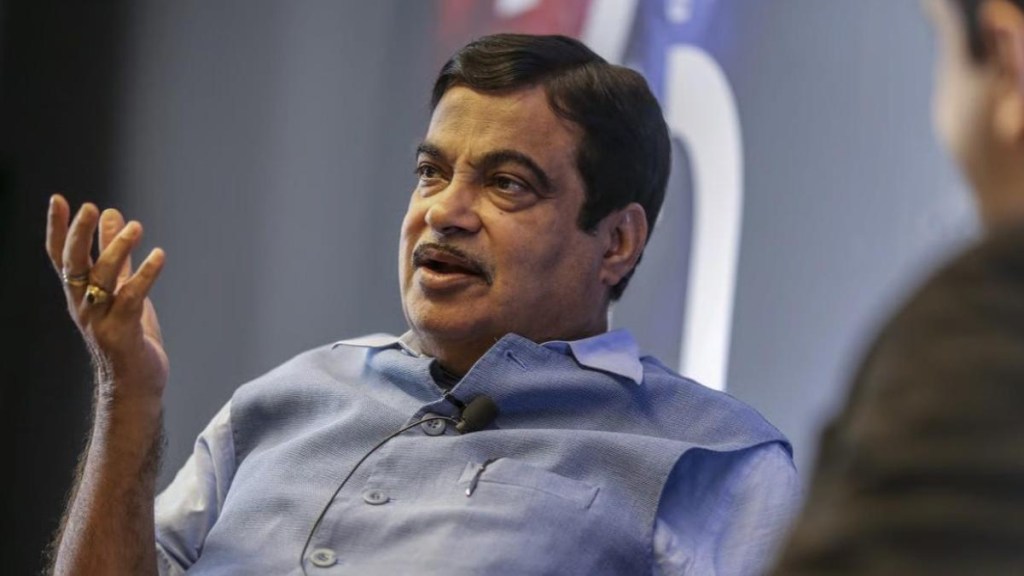Union Minister of Road Transport and Highways Nitin Gadkari said on Monday that that state governments should give their consent to a proposal to reduce Goods and Services Tax (GST) on flex-fuel vehicles to 12%.
Addressing the gathering at the India Bio Energy & Tech Expo 2024, he said, “We will try to convince all the (state) finance ministers. Yesterday I had the opportunity to discuss with the finance minister of Maharashtra and I told him to put up this proposal for reducing GST up to 12% on flex engines, cars, and scooters.”
Currently, the GST rate on passenger cars is 28%, and over and above that the compensation cess is applied, taking the effective rate to much higher levels across the categories, with the highest levies on premium vehicles. AS for two wheelers, 28% GST is levied on those with engine capacity less than 350 cc, and effective rate is 31% for engine capacity above 350 cc. There are no differential rates for flexi-engine vehicles. Electric vehicles are however subject to a lower GST rate of 5
Earlier, two-wheeler manufacturers demanded a cut in GST rate on flex-fuel two-wheelers from 28% to 18%.
Flex-fuel vehicles can run on more than one type of fuel or on a mixture such as a blend of petrol and ethanol. Gadkari said that several leading vehicle manufacturers, including Bajaj, TVS, and Hero, have already developed models equipped with flex engines capable of running on 100% ethanol.
“I feel that now the flex fuel is very, very important. Already the managing directors of Tata, Suzuki and Toyota have decided to start flex engine cars in the country,” Gadkari said.
Speaking at the same event, Union oil and gas minister Hardeep Singh Puri said the government was collaborating with the automobile industry to develop vehicles compatible with ethanol and advance alternative fuels. Puri said that the country’s ethanol blending program has saved Rs 99,014 crore in foreign exchange till July 2024 since 2014.
“Ethanol blending percentage has increased from 1.53% in 2014 to 15% in 2024,” the oil minister said. “Buoyed by the success, we advanced the 20% target by five years to 2025 and are on track to achieve it,” he added.
Gadkari also noted that the country imports up to Rs 22 trillion of fossil fuels per annum. “So, now by starting this, a day will come when we will reduce our imports and will encourage bio-fuel,” he said.
The oil marketing companies have successfully launched the E100 fuel at over 400 retail outlets across the country. The fuel contains 93-93.5% of ethanol blended with 5% petrol and 1.5% co-solvent. Additionally, the E20 petrol (petrol blended with 20% ethanol) is now available at over 15,600 outlets in the country.
Puri said that the government’s ethanol blending program has helped in reduction of carbon dioxide emissions by 519 lakh tonnes while substituting 173 lakh tonnes of crude oil.
Furthermore, oil marketing companies have disbursed Rs 1.45 trillion to distillers and Rs. 87,558 crore to farmers till July 14 since 2014.
“The government’s ongoing policy of providing stable and remunerative prices for ethanol has effectively reduced pending arrears for sugarcane farmers, lessened crude oil import dependence, and contributed to foreign exchange savings while benefiting the environment,” Puri said.
The minister said that the government’s various measures have helped in boosting maize’s contribution to ethanol production, which has risen to 36% in the 2023-24 Ethanol Supply Year (ESY) from a mere 0% in 2021-22.



















